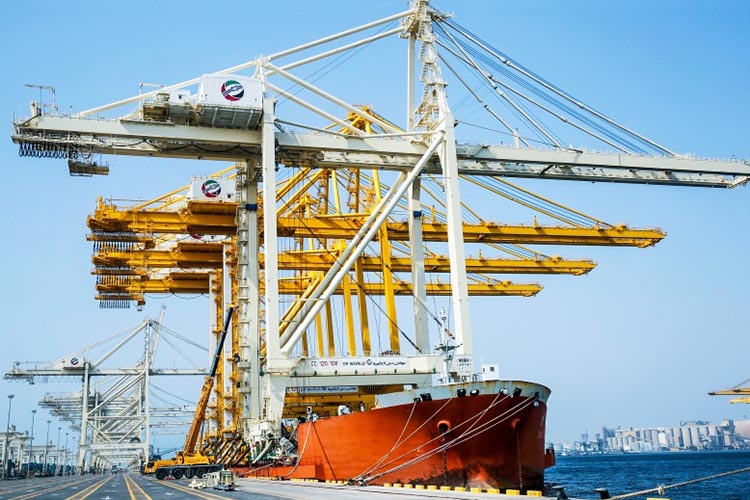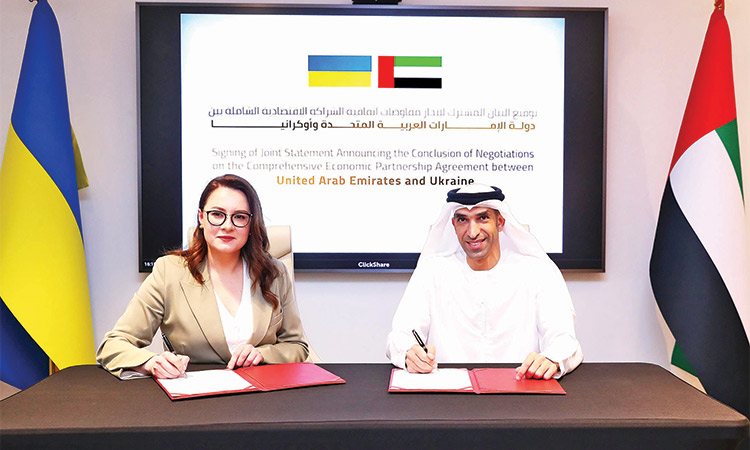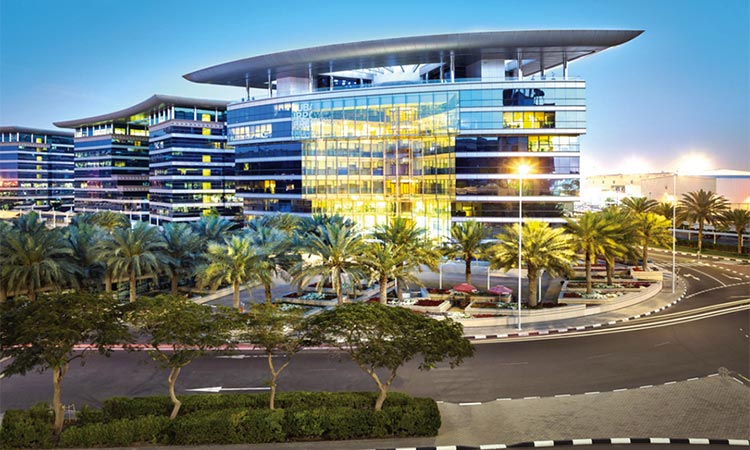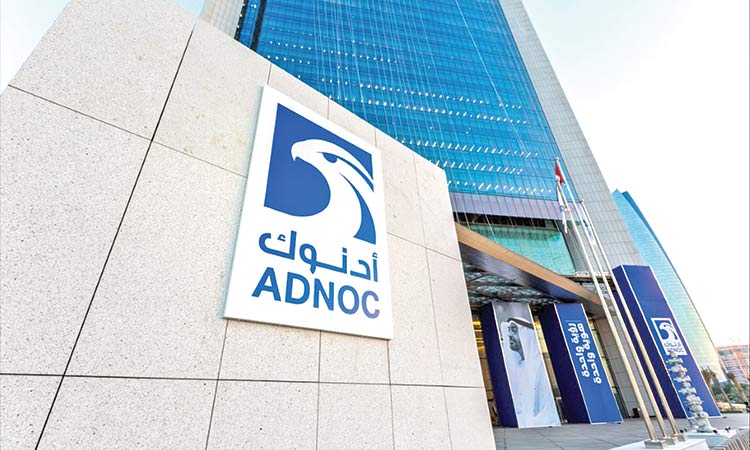UAE non-oil economy surges in October, highest PMI since 2019

Looking ahead, the outlook for business activity remained strong in October.
The UAE non-oil economy enjoyed an even stronger uplift in demand levels in October, according to the latest PMI survey data, prompting the greatest improvement in operating conditions since the middle of 2019. Sharply rising new order intakes supported a marked increase in activity, as well as further additions to purchasing and staffing levels.
Confidence in the 12-month outlook also remained elevated. At the same time, rising fuel and material prices underlined a sharp increase in business costs in October, as inflationary pressures accelerated to a 15-month high. With this in mind, firms raised their own selling prices for the first time in a year-and-a-half, albeit only fractionally as discounting efforts remained wide.
David Owen, Senior Economist at S&P Global Market Intelligence, said: “Strong economic conditions in the non-oil sector extended into the final quarter of the year, as October PMI results signalled a new recent record for new business growth. Rising at the fastest rate since June 2019, new order volumes provided additional support to output which continued to rise markedly. High business confidence levels meanwhile suggest that firms do not expect this momentum to lose steam, as predictions for the year ahead were the second-strongest since March 2020.
“There were some indications that inflationary pressures are picking up and starting to influence company’s pricing strategies. Overall cost burdens rose at the fastest rate for five months, leading to an increase in output prices. After dropping to a recent low of 1% in July, headline inflation could therefore pick back up in forthcoming readings.”
At 57.7, the seasonally adjusted S&P Global UAE Purchasing Managers’ Index (PMI) – a composite indicator designed to give an accurate overview of operating conditions in the non-oil private sector economy – was up from 56.7 in September to the highest level since June 2019, and indicated a robust improvement in the health of the sector.
The headline PMI was partly driven by its largest sub-component, the New Orders Index, which also posted its strongest reading since June 2019 in October. Overall new business rose markedly, as surveyed firms highlighted strengthening demand conditions bringing new clients and increased project work. The upturn was strong both domestically and overseas, with foreign new orders also
growing at the fastest rate for more than four years. The considerable uplift in new business intakes supported a robust increase in activity across the non-oil sector in October. The rate of expansion ticked up slightly to the strongest since June, helped by a further rise in employment levels and the clearing of backlogs.
After softening to a 14-month low in September, there was a notable boost to inventory growth at the start of the fourth quarter. Firms increased their input buying sharply in response to high client demand as well as efforts to build stocks amid strong sales expectations. Inventory and staffing growth underpinned improved capacity levels in October, helping companies to make a
renewed cut to backlog volumes. Despite demand pressures and reports of administrative delays, outstanding work decreased for the first time since June 2021.
Meanwhile, the latest round of data signalled a further acceleration of price pressures across the non-oil economy. According to surveyed firms, costs were driven up by rising fuel and raw material prices, while the greater cost of living and efforts to retain staff contributed to a modest uptick in wages. Taken together, overall input costs rose at the fastest rate since July 2022.
Notably, the intensification of cost pressures underpinned a rise in selling prices in October, the first uplift recorded in a year-and-a-half. While several firms reported the pass-through of higher expenses to their customers, the overall increase in charges was only fractional and offset by further discounting efforts at other companies.
Looking ahead, the outlook for business activity remained strong in October and was the second-highest since March 2020, despite softening from September. Robust demand expectations were largely behind the positive outlook S&P Global (NYSE: SPGI) S&P Global provides essential intelligence. We enable governments, businesses and individuals with the right data, expertise and connected technology so
that they can make decisions with conviction. From helping our customers assess new investments to guiding them through ESG and energy transition across supply chains, we unlock new opportunities, solve challenges and accelerate progress for the world.
We are widely sought after by many of the world’s leading organizations to provide credit ratings, benchmarks, analytics and workflow solutions in the global capital, commodity and automotive markets. With every one of our offerings, we help the world’s leading organizations plan for tomorrow. Purchasing Managers’ Index (PMI) surveys are now available for over 40 countries and also for key regions including the eurozone. They are the most closely watched business surveys in the world, favoured by central banks, financial markets and business decision makers for their ability to provide up-to-date, accurate and often unique monthly indicators of economic trends.







